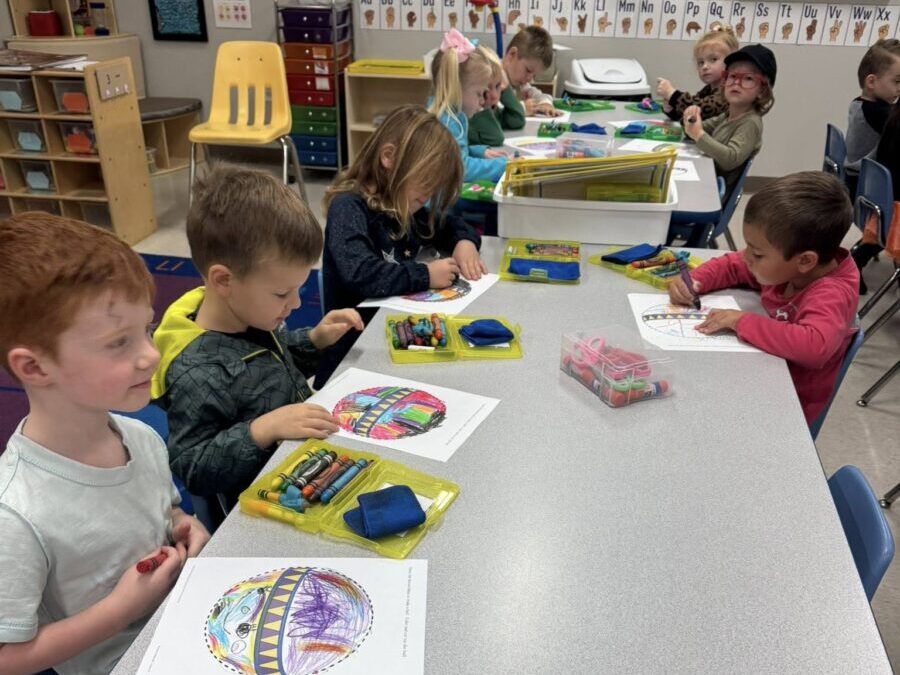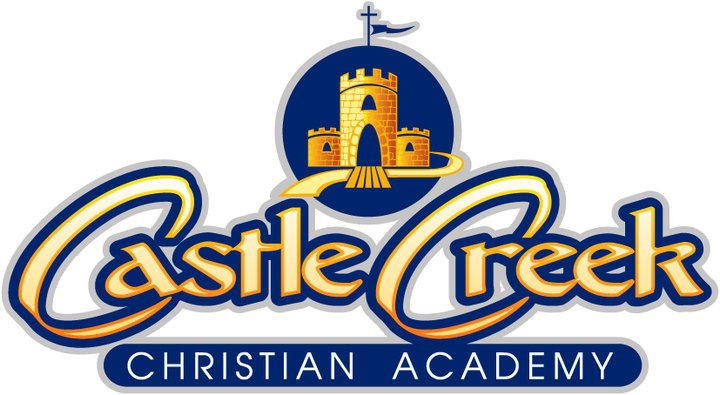Teaching Christian Values Through Play and Activities
Parents today face a unique challenge: raising children who understand and embrace Christian values in a world that often contradicts those beliefs. You want your child to develop genuine faith, not just memorize Bible verses. The good news is that children learn most naturally through what they do best—playing. When faith formation meets imaginative play, something remarkable happens. Values that might feel abstract in a lecture become concrete and memorable through hands-on experiences.
At Castle Creek Christian Academy, we’ve built our entire approach around this truth. For years, we’ve watched children grasp concepts like compassion, integrity, and servant leadership not through worksheets, but through carefully designed activities that make faith tangible. Our educators understand that a child who acts out the Good Samaritan story in dramatic play is more likely to show kindness on the playground than one who simply heard the story during circle time.

Why Play-Based Faith Formation Works
Research consistently shows that children retain information better when multiple senses are engaged. A 2023 study from the Association for Childhood Education International found that children remember up to 75% of what they experience through hands-on activities, compared to just 20% of what they hear. This has profound implications for Christian education. When your child builds a model of Noah’s ark with blocks, she’s not just having fun—she’s creating neural pathways that connect obedience and faithfulness with positive emotions.
Play also allows children to explore moral concepts in a safe environment. Through role-playing scenarios, kids can practice forgiveness, sharing, and honesty before facing real-world situations where those values will be tested. They’re essentially rehearsing Christian character in low-stakes moments, which builds confidence for higher-stakes decisions later.
Practical Applications That Transform Hearts
The most effective faith-based activities mirror situations children will actually encounter. When preschoolers take turns caring for classroom pets, they’re learning stewardship—that God entrusts us with His creation. When elementary students work together to build a tower from limited supplies, they’re discovering that collaboration honors God more than competition. These aren’t forced spiritual lessons tacked onto playtime. They’re organic opportunities where Christian values emerge naturally from the activity itself.
Service projects take this principle even further. Children who prepare care packages for local families experiencing hardship don’t just learn about charity as an abstract concept. They feel the weight of supplies in their hands, see the grateful faces of recipients, and experience the joy that comes from putting others first. These sensory memories become reference points they’ll draw on throughout their lives.
Creating Environments Where Faith Flourishes
The physical space matters more than many parents realize. Classrooms filled with biblical imagery, worship music playing softly during free play, and teachers who model Christ-like behavior throughout the day create an atmosphere where faith feels natural rather than forced. Children absorb these environmental cues constantly, even when they’re not consciously aware of them.
Storytelling through dramatic play deserves special attention. When children don costumes and act out biblical narratives, they step into the sandals of faithful heroes. They feel David’s courage, experience Esther’s boldness, and understand Daniel’s conviction in ways that passive listening can never achieve. The Bible stops being a distant historical text and becomes a living story they’re part of.
Building Foundations That Last
The ultimate goal isn’t just well-behaved children—it’s young people who genuinely love God and neighbor. Teaching Christian values through play plants seeds that mature over years. The preschooler who learns to share toys today is developing generosity that will shape her adult relationships and stewardship. The kindergartner who practices truth-telling in pretend scenarios is building integrity that will guide major life decisions decades from now.
At Castle Creek Christian Academy, we partner with families to make this vision reality. Your child deserves a faith education that engages their whole self—imagination, body, emotions, and mind. We’d love to show you how intentional play transforms young hearts. Visit us to see these principles in action and discover how your child can thrive in an environment where faith and joy go hand in hand.
